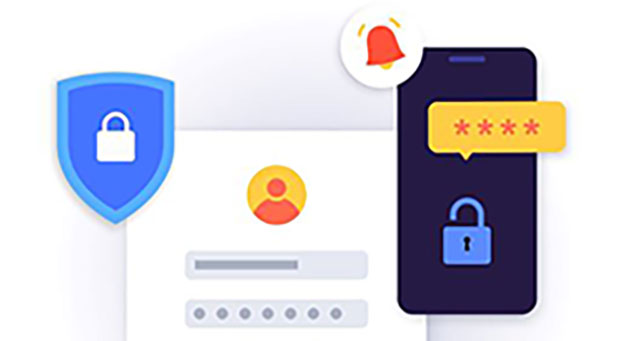In Australia a ‘lock’ on your credit report is known as a ‘credit ban’. You can place a credit ban on your credit report with just one credit reporting body (CRB), who, at your request, can also extend the ban to the other two credit reporting bodies. The three CRBs are Equifax, Experian and illion.
The credit ban will block all third parties, such as lenders or other companies, from accessing your credit file without your consent.
Bans add a layer of protection to your credit report and provide a short-term response when you are a victim of identity theft. The ban will initially apply for 21 days (and will then expire if you do not do anything).
A short-term ban protects you if a fraudster applies for a loan in your name as the lender won’t be able to conduct a credit check. For many lenders, credit checks are required before approving a credit application, so the ban can stop the fraudster’s loan application from proceeding.
Of course, keep in mind that while there is a ban on your credit report, it will be harder for you to be approved for credit (but that will go away as soon as the ban is lifted).
If you are legitimately applying for credit while there is a ban on your credit report, you should remove the ban before applying for new credit or talk to the credit provider before submitting the application. They will let you know what to do, which may include waiting until the ban period ends before applying or requesting the credit reporting body to lift the ban to allow the application to be assessed and, if necessary, reapplying a ban after it has been assessed.
Don’t believe anyone who suggests that there is one single effective means to get protection - there isn’t.
A credit ban is a short-term action to protect your credit identity, but it is not a long-term solution if you are actively shopping for a new loan.
Extending or lifting a credit ban
If you think that you are still at risk of becoming a victim of fraud after the 21 days, you can ask for an extension of the ban period by contacting the credit reporting body or bodies with whom you’ve got the ban before the initial ban ends. You may be asked to provide evidence supporting why you think you are still at risk.
While you may be able to request a ban to be placed on your credit file held at each of the 3 credit reporting bodies through one credit reporting body, to lift a ban you will need to approach each credit reporting body individually as they do not provide a service to notify each other if you request that a ban be lifted. This is because you will need to provide sufficient evidence of your identity to each credit reporting body, so they can satisfy themselves that it is really you, and not the fraudster, seeking to have the ban removed.
In the longer term, you may want to consider other ways to protect your credit report.
Regular credit checks
Reading and understanding your credit report information is important in the fight against identity theft. Get a copy of your credit report from each of the credit reporting bodies to help you identify any suspicious activity on your credit report (which could be an indication that a criminal has fraudulently applied for credit using your information). You can get a free copy of your credit report every three months from each of the credit reporting bodies.
Longer term credit alerts
Unlike putting a ban on your credit report, setting up the alert will not get in the way of you making legitimate applications for credit.
Monitor your credit report by subscribing to an alert service from each of the three credit reporting bodies. This ensures that you are alerted of any suspicious activity, for example if your credit report has been accessed by someone else applying for credit in your name.
All CRBs offer credit alerts, either direct from the CRB (such as Equifax), or through providers such as Credit Simple (illion) or Credit Savvy (Experian).
Below is a breakdown of the services available from each of the three credit reporting bodies:
- Equifax Protect is a credit monitoring and identity protection service that can help reduce the risk of identity theft.
- Visit creditsimple.com.au (which is based on your illion credit report) to sign up to receive free, regular updates on your credit score and, as part of doing this, give you the option of getting an alert when a new application for credit is made.
- Visit creditsavvy.com.au (which is based on your Experian credit report) to sign up to receive free, regular updates on your credit score and, as part of doing this, give you the option of getting an alert when a new application for credit is made.
(Note: credit score providers are commercial businesses that will ask for your permission to use your data to offer you goods or services. If you do not want them to use your information for that purpose, you will be given the opportunity to opt-out.)


